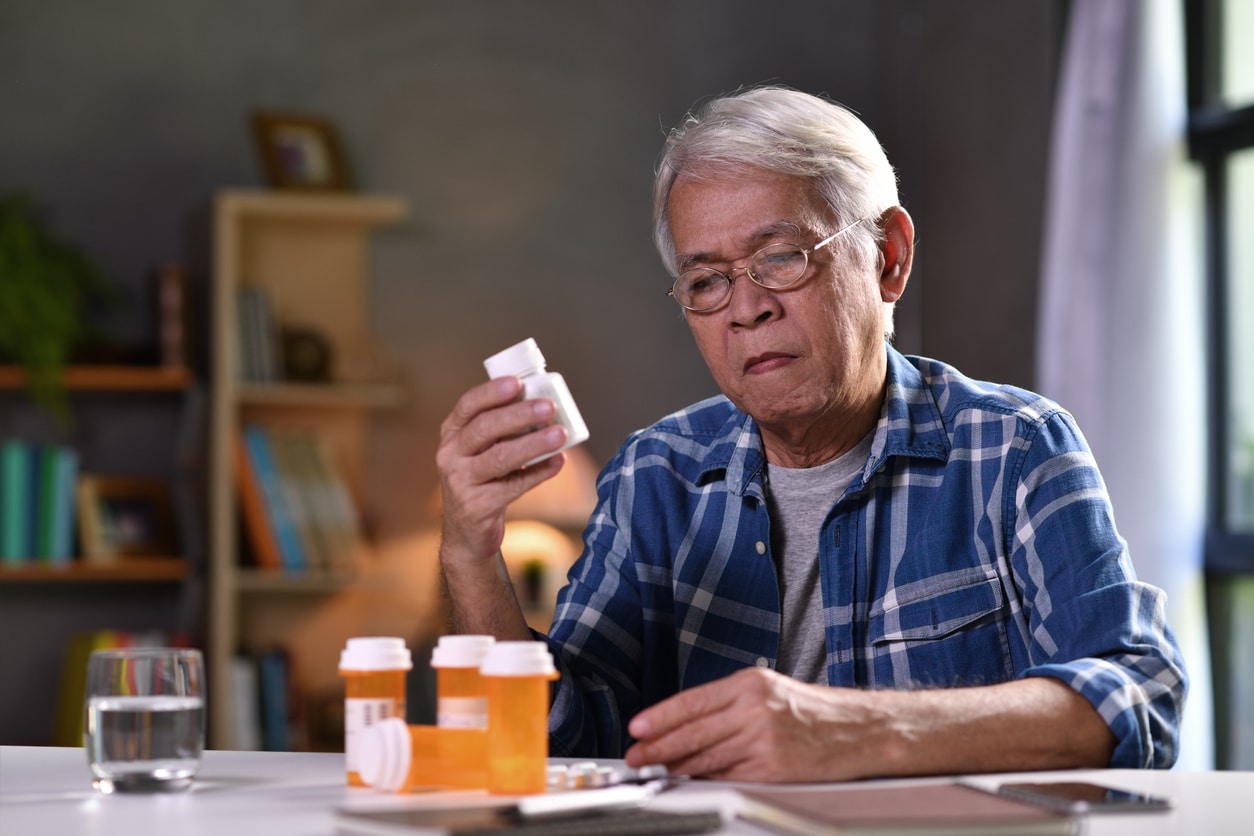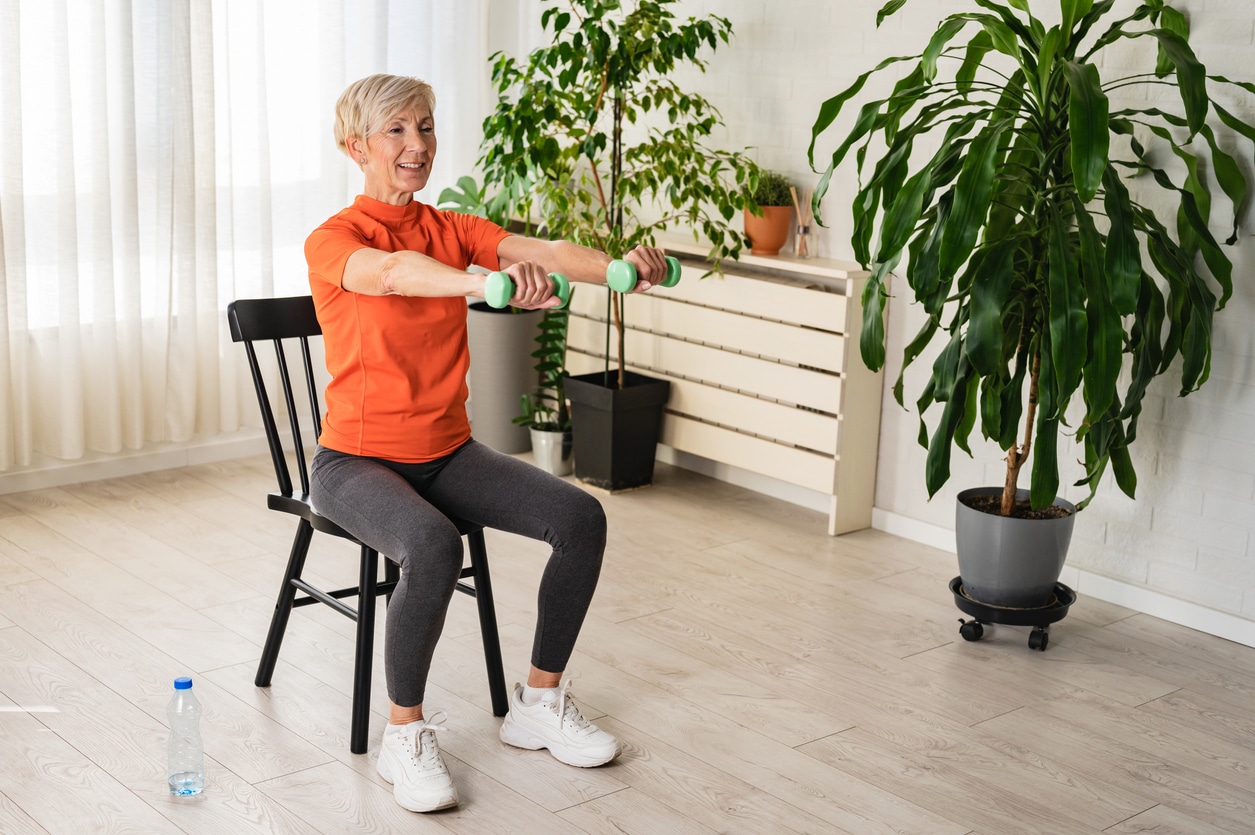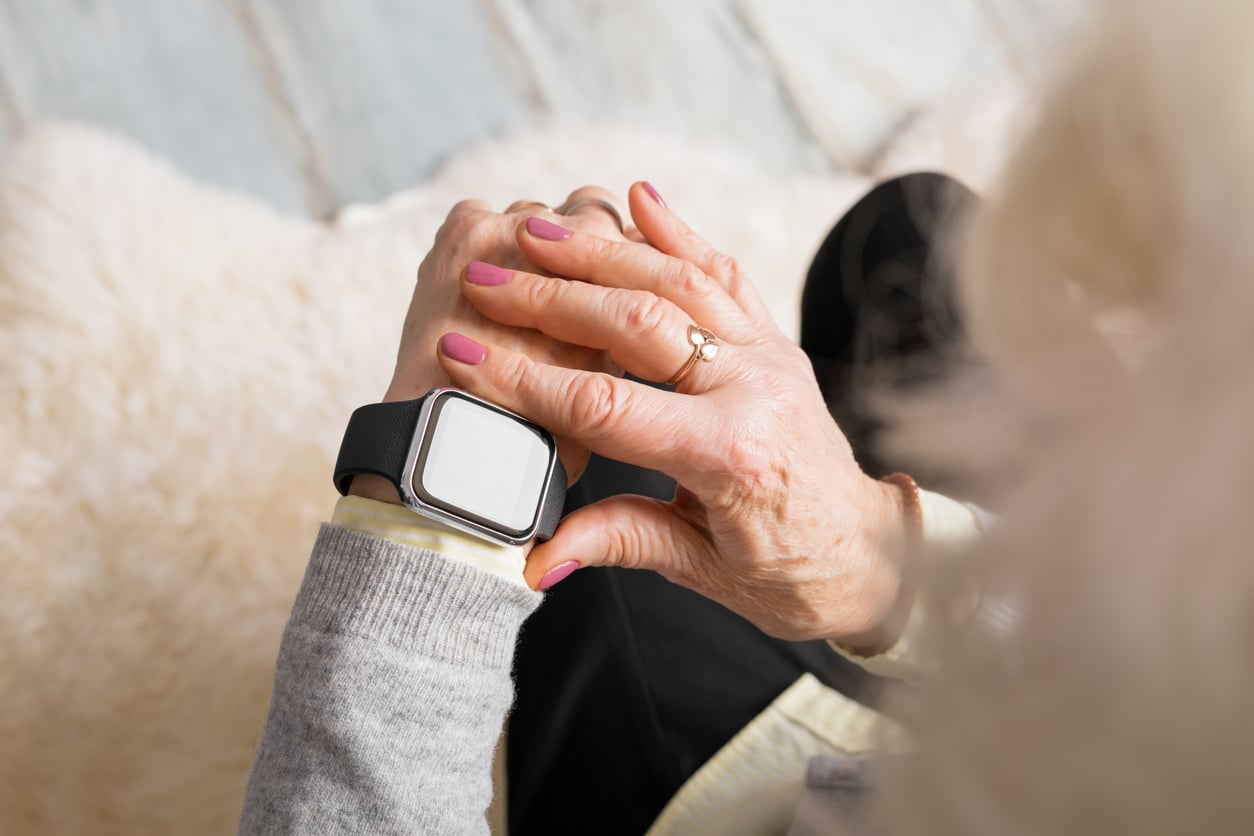Unfortunately, getting older can sometimes mean dealing with ailments and diseases. Diabetes is one that affects millions of seniors. If left unchecked, it can lead to other problems.
Heart disease, stroke, and blindness are just a few of the complications that can arise from diabetes. If you care for a senior with diabetes, there are some ways to help them manage.
Ways to Manage Diabetes
There are many ways you can help to make sure your loved one is taking care of themselves and keeping their diabetes in check.
Keep an Eye on Their Diet
A regular and healthy diet is going to make a huge difference in managing diabetes. Not only what they eat, but when. Avoid sugar and fatty foods. That means pop, alcohol, dairy, and even some fruit juices.
Lean proteins, leafy greens, whole grains, beans, and legumes will help. These foods help to regular your blood sugar, blood pressure and will pass through the body easily.
Get Regular Check-Ups
Regular visits to the doctor with their specialized care for diabetes will ensure everything is on track. They can do tests and ask questions that will let them know if any adjustments with medication are needed.
If your loved one has mobility issues, then a home health aide will come by and make sure they are alright. They can check them and ask you and them questions and provide extra support.
Take Your Medications
An important part of managing your diabetes is taking the proper amount of medication at the right time. This keeps your blood sugar where it needs to be and helps to regular your whole system.
If you forget, take it as soon as you remember. Don’t double up on medication the next day. Be mindful of keeping your prescriptions full and make sure you check with your doctor before taking any other meds.
Stay Active
Any type of activity you can take is great. A walk, bowling, golf, or swimming can all help to keep your blood sugar level and help keep off extra weight. Try to do something that gets you moving at least 30 minutes a day.
For those with mobility issues, try swimming or water aerobics, yoga and stretching, or small hand weights while you are sitting. Check with your health care provider before starting anything new.
Check Your Blood Regularly
Your health care provider will show you how to check your blood glucose level. You or someone else should do this on a regular basis so you know what is going on.
It’s important for those who are recently diagnosed or if there have been changes to their medications. Seniors with diabetes are at higher risk of hypoglycemia.
Get Your Flu Shot
Avoiding getting sick with the flu or worse can help keep you healthier. The flu and pneumonia can be deadly in seniors, even the healthy ones. Those with diabetes are at higher risk if they get the flu. Check with your doctor what vaccines you should be getting.
Check Your Feet
If you see any red patches, swelling, cuts, or infections, it’s vital you seek medical attention. Even a broken blister can cause a lot of concern. Keep your feet clean and moisturized.
Managing Diabetes
Just a few simple steps can make a world of difference. If you are worried about a loved one with diabetes, make sure they are getting checked up on.




